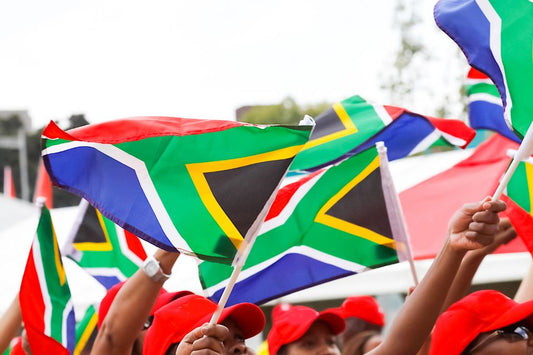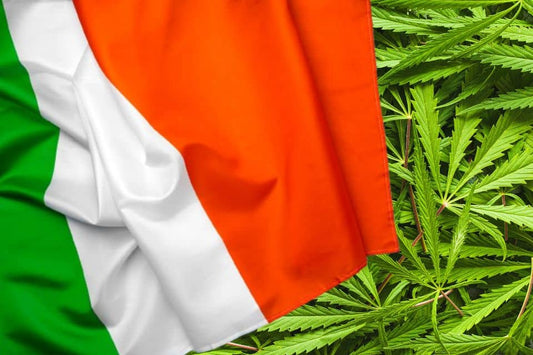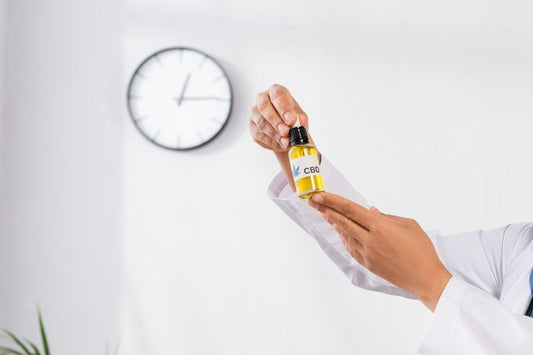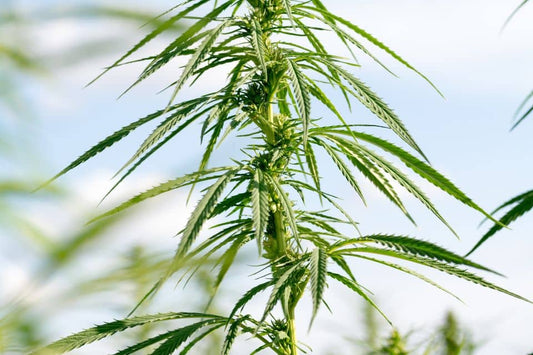Guyana Attorney General orders law enforcement to avoid jailing minor cannabis offenders
The Attorney General of Guyana, Anil Nandlall, has recently taken a significant step in reforming how law enforcement handles cannabis-related offenses. In a clear directive, he cautioned the police to avoid jailing individuals found with small amounts of cannabis, citing that this practice goes against current legal frameworks.
According to the Attorney General, individuals caught with less than 30 grams of cannabis should not be placed in custody. This warning comes after recent incidents in which individuals found with 15 grams and 4.2 grams, respectively, were reportedly jailed.
Such detentions, Nandlall noted, violate the legal principles in place. He emphasized that law enforcement officers lack the authority to imprison people for minor cannabis possession when they are entitled to bail or face non-incarceration penalties.
Current cannabis laws in Guyana
In Guyana, the legal framework around cannabis possession is nuanced. Offenders found with up to 15 grams of cannabis are subject to mandatory counseling sessions, while those possessing between 15 and 30 grams are likely to face community service ordered by a magistrate.
This approach underscores a shift toward rehabilitation rather than punishment, reflecting broader global trends toward cannabis decriminalization.
- Less than 15 grams: Mandatory counseling
- 15-30 grams: Community service
With these measures in place, Nandlall’s directive reinforces the idea that jail time should not be an option for individuals caught with minor amounts of cannabis.
Regional and global context
While Guyana's cannabis policies are evolving, the country remains in stark contrast to some of its South American neighbors.
Uruguay, for example, stands out as the first country to legalize cannabis nationwide, having done so back in 2013. Uruguay's pioneering stance has since been followed by nations such as Canada, Germany, Malta, and South Africa, which have all embraced similar legalization measures.
In addition, over 57 countries globally have enacted some form of medical cannabis legislation. Although Guyana has yet to follow these more progressive examples fully, the Attorney General's directive marks a step in that direction, leaning toward a more rehabilitative approach to drug offenses.
Personal perspective
The Attorney General’s recent directive is a big step for Guyana. It aims to match the country's policies with what's happening worldwide. By focusing on helping people instead of just punishing them, Guyana is showing a softer side.
This change might make the legal system less crowded. It could also open doors for more positive reforms. I think this is a great move for Guyana and I'm excited to see how it will grow in the future.










